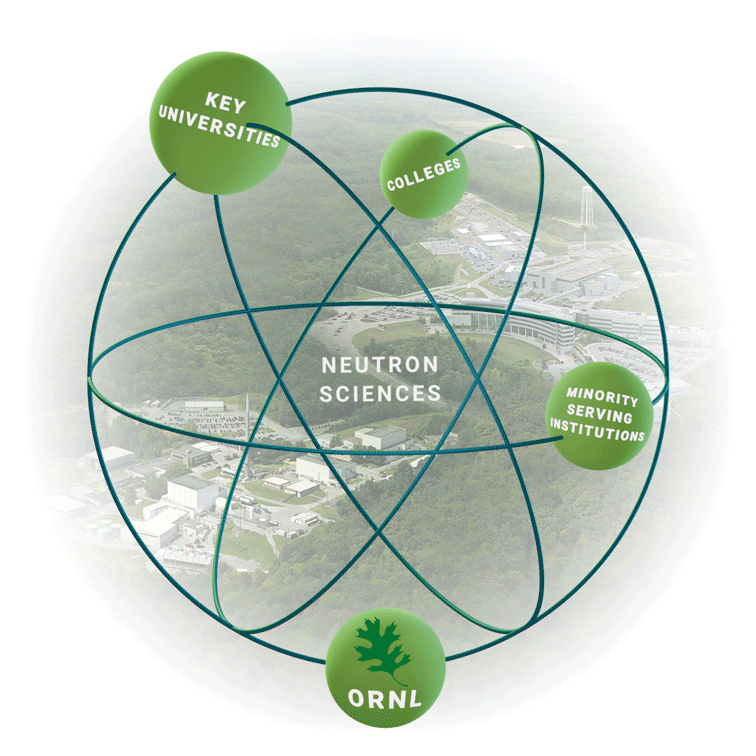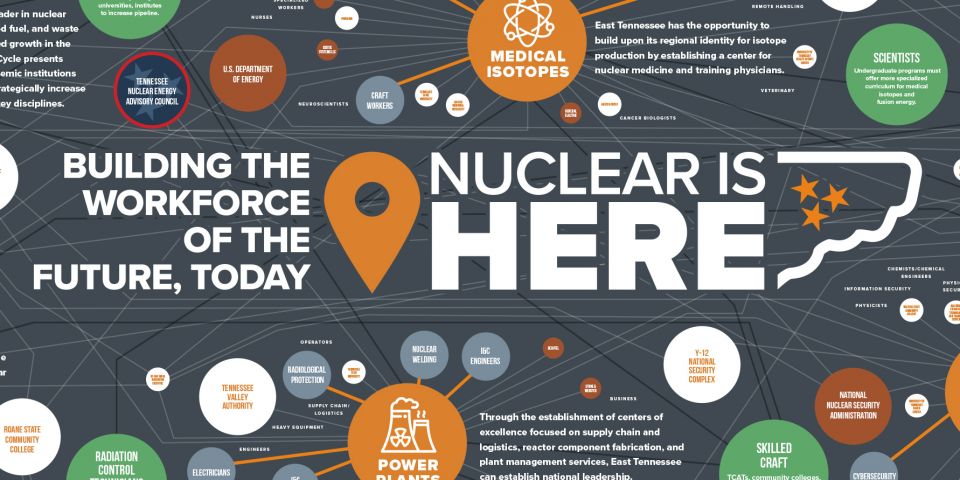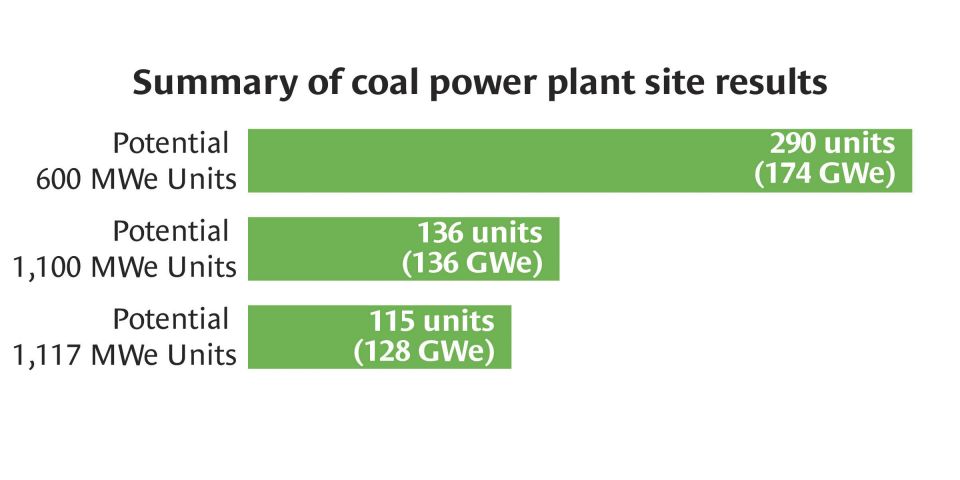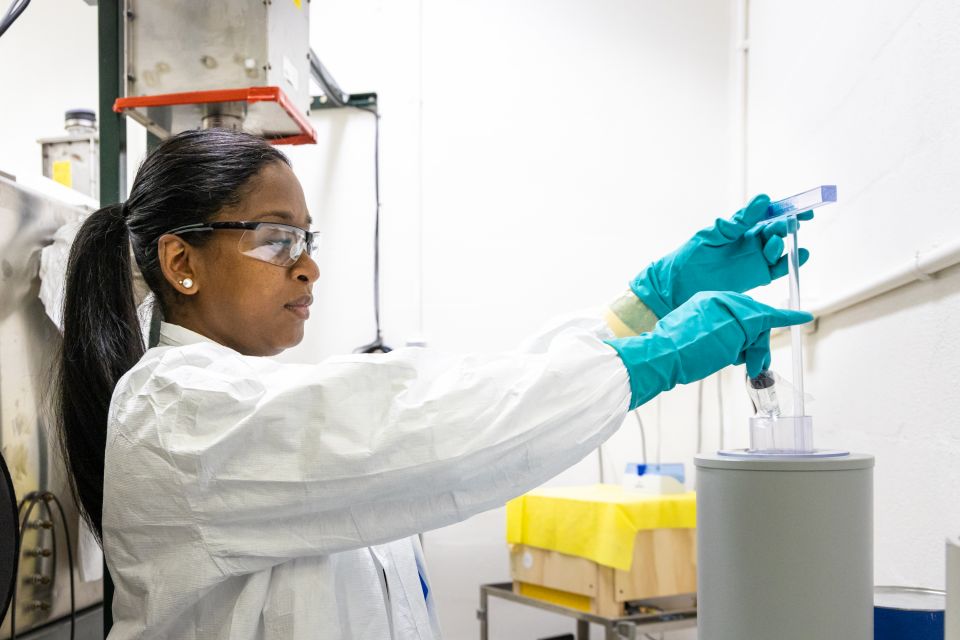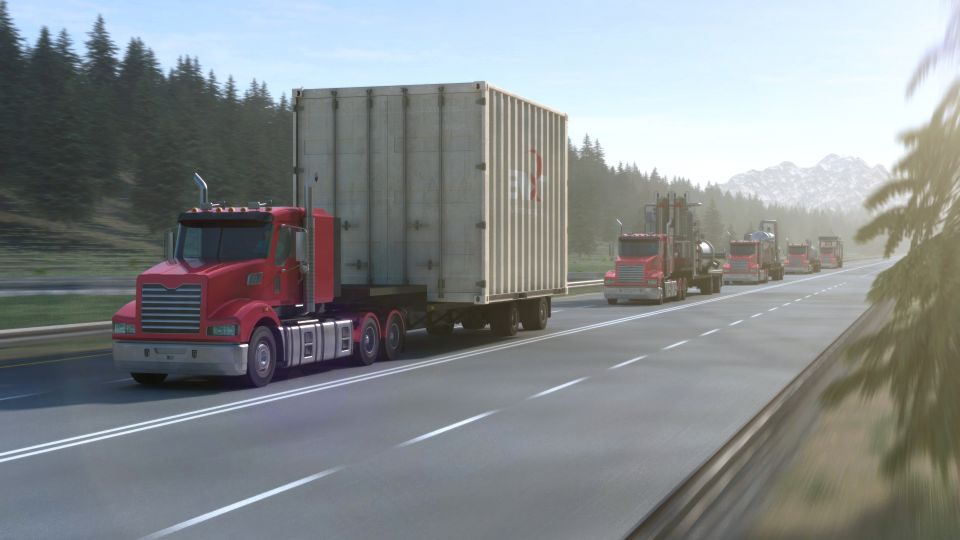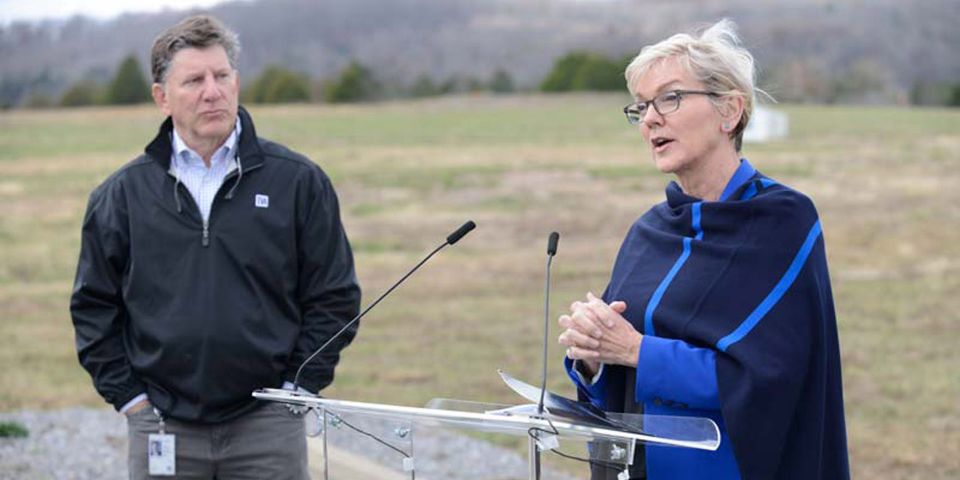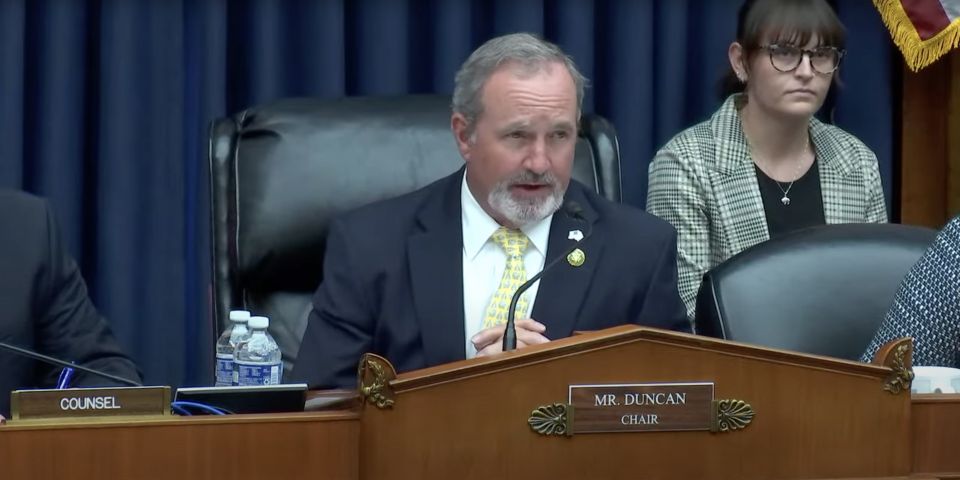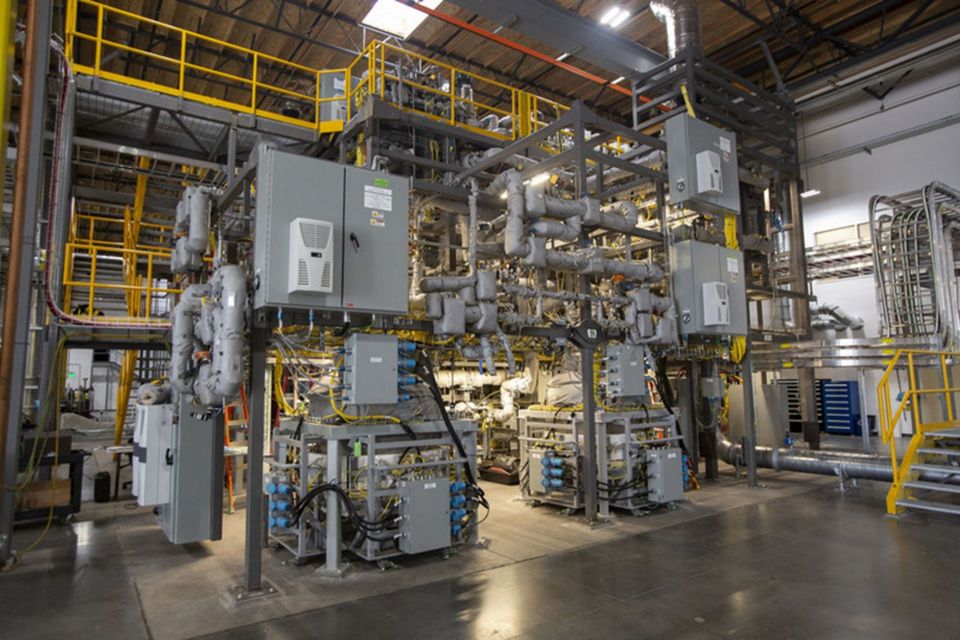Recap of UT Baker School's forum on nuclear energy's future
The Baker School of Public Policy and Public Affairs at the University of Tennessee—Knoxville hosted a presentation titled “A Conversation of the Future of Nuclear Energy in the United States” on Tuesday, September 5. Panelists were ANS member Jamie Coble, associate professor of nuclear engineering at UTK and associate editor of the American Nuclear Society journal Nuclear Technology; ANS member Scott Hunnewell, vice president for new nuclear at the Tennessee Valley Authority; and ANS member Andrew Nelson, section head for nuclear fuel development at Oak Ridge National Laboratory. The discussion was moderated by Charles Sims, director of the Center for Energy, Transportation, and Environmental Policy at the Baker School.
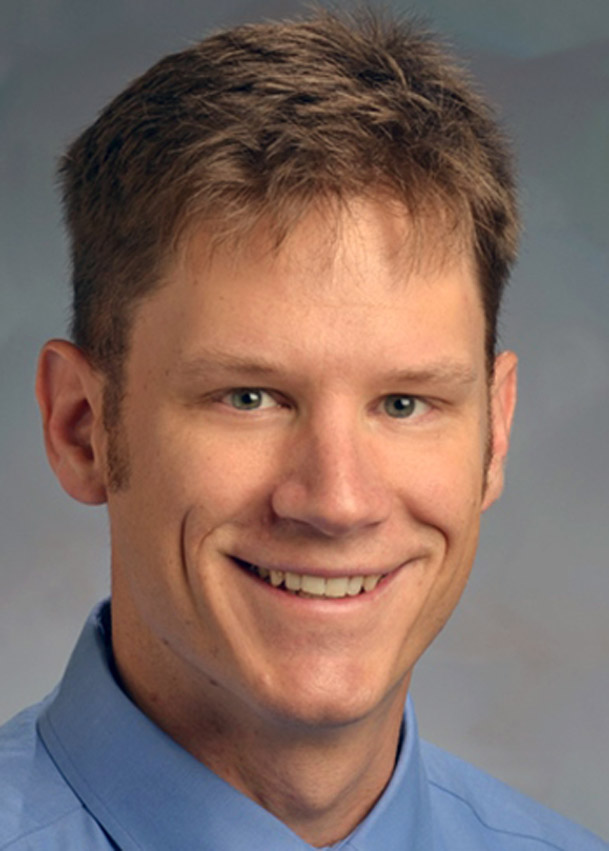
Sims
Nuclear 101: Sims opened with some ground rules for the audience, stressing that the event was about education on new, advanced nuclear technologies and not about “advocating for or against nuclear technology.” “We’re here to learn,” he said, and after covering some nuclear energy statistics, he asked the panelists to describe the technology of light water reactors. Hunnewell noted that “whether it’s heavy water, light water, sodium cooled, gas cooled, they all share some commonalities. So, it starts with the uranium fuel, typically uranium-235 enriched to some level, depending on the reactor technology.” He then covered the topics of fast and slow neutrons, heat production, cooling towers, and other aspects of “nuclear 101” for the generally lay audience.
Sims asked for a show of hands among the audience for “how many folks saw the Oppenheimer movie [and] how many folks saw the Barbie movie?” The Barbie-favoring results prompted him to joke, “Okay, so this is what we're working with.”
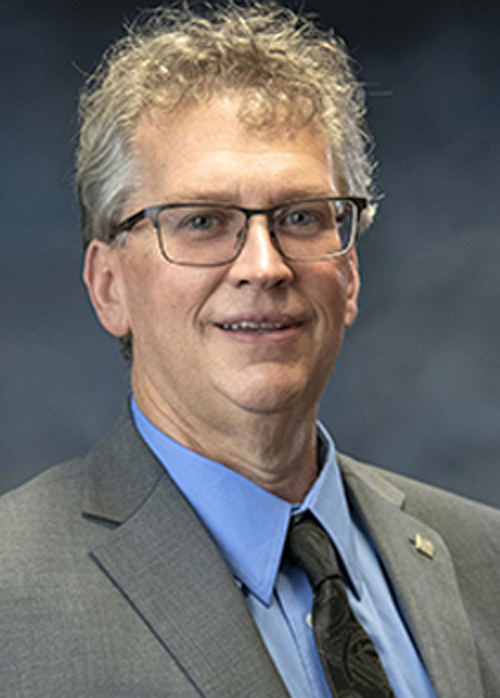
Hunnewell
Public perception: Sims next asked about the “public perception problem” of nuclear energy, for example, in regard to accidents that have happened at nuclear facilities. Hunnewell responded, “We obviously have had significant accidents. Three Mile Island, Chernobyl, Fukushima are all things that were bad accidents. But we did learn from every single one of them. We’ve taken numerous actions since the Fukushima accident in the U.S. to deploy equipment at all of our sites. Plus, what we call regional centers, response centers, so that if we have what we call beyond design-basis accidents, something that we hadn’t thought of when we designed the plants, we can still respond to that accident. . . . And then some of the newer technologies incorporate features to further harden the plants against some of those incidents.”
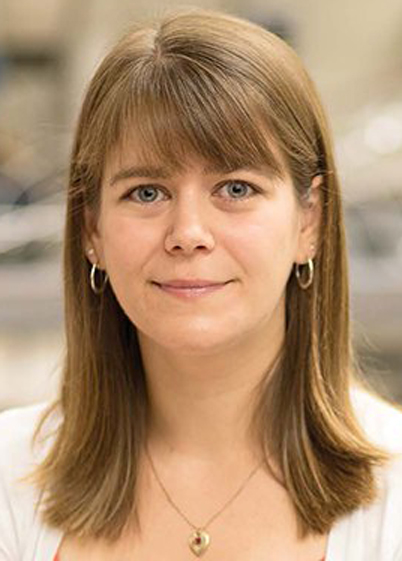
Coble
Coble added, “I think one thing about nuclear is that a big part of our problem is the perception of the public perception. And so, there is a belief that there is a public perception that nuclear is bad. But if you look at public opinion surveys, that's shifting. So, depending on the survey, you know, more than half of the public in the U.S. are in favor of nuclear plants, keeping the nuclear plants we have on the grid and building more nuclear plants.”
She continued, “People who feel like they are well-informed about nuclear tend to be more in favor of nuclear.. . . And so, I think that part of it is just that there’s been a lot more conversations.” Making education the key, she concluded, “Just learning more about what nuclear energy is and how nuclear energy works and what all of the options are, that knowledge makes people more comfortable with what we’re proposing.”
Smaller, simpler reactors: Sims’s next question was about small, advanced reactors, asking the panelists to describe their advantages over large, conventional reactors. Nelson answered, “Cost. . . . It’s really that simple. There's a lot of data from the last several decades in the U.S. that when we try to build the conventional models of light water reactors that are really big, really expensive baseload generating devices, we don’t have a good track record.. . . Utilities don’t like that uncertainty, depending on what kind of electrical market you’re in. If you’re buying electricity, you don’t like that uncertainty for your electric bill either. In trying to reduce the uncertainties, he said, “You can take a big pressurized water reactor like we describe, scale it down, [or] you can do it with alternate technologies.”
Hunnewell suggested a name change for SMRs: “I almost wish we’d use the term ‘simplified’ or ‘simple modular reactor,’ because they really are a lot simpler in their design. . . . Simpler reactors are easier to operate, easier to maintain, and overall very safe.”
Advanced technologies: Hunnewell explained for the audience the main features of fast reactors, high-temperature reactors, and molten salt reactors. In response to Sims’s question about which advanced technology excited the panelists most, Hunnewell answered, “It depends on what you want to do with that reactor.” For example, whether it will be used at a chemical plant or at a data center as an emergency backup, the power requirements are very different. So, he said, “some of the designs will have a smaller capacity per unit, but they have multiple units connected together. . . . Well, that may be very well suited for a chemical plant. . . . Likewise, if you're a data center and you want to replace your emergency backup generators with something that doesn’t have to be maintained as much as a carbon-based source, a microreactor, several microreactors would perhaps be suitable for that.”
Coble added, “Looking at these reactors that just do not have to only come up to full power, run at full power until they have to go back off line for refueling, which can be a variety of light water reactors and advanced reactors and small reactors to microreactors. I think it opens up a lot of possibilities that we really just can’t do with large-scale reactors. . . . I’m a little bit partial to the ones that are coming to the Tennessee Valley . . . or the plants that are coming out to Oak Ridge for various demonstration facilities.”
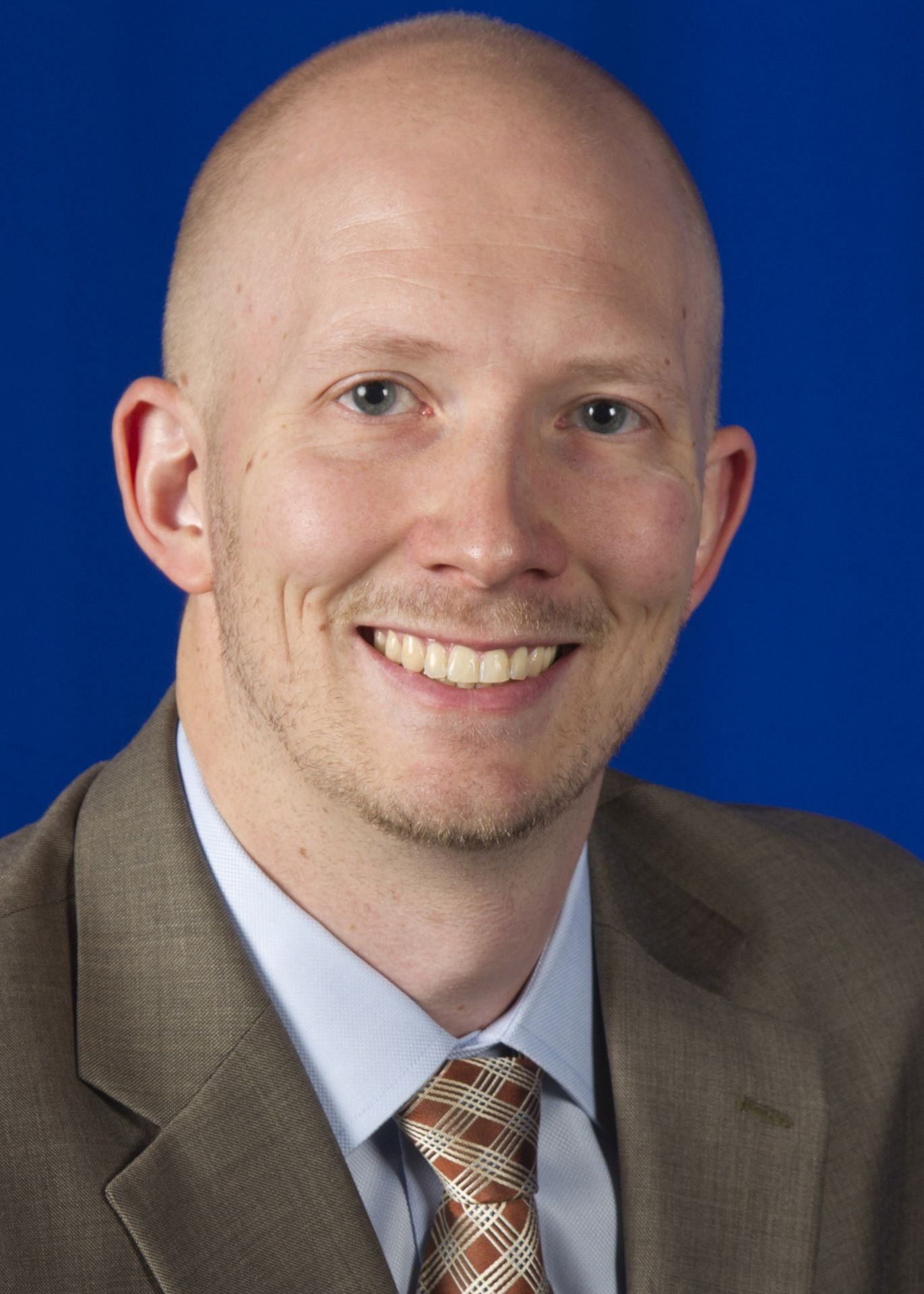
Nelson
Export and regulatory issues: Nelson spoke to the importance of technology exports and regulatory issues, saying, “You’ve got to care about exploring the technology, and you’ve got to care about exporting the technology to Africa, to Southeast Asia, to South America. . . . When I think about trying to export fast reactors and technologies all around the world, I mean that that gets to be a pretty high bar.”
He continued, addressing the regulatory question, “There’s a lot of work to be done there to convince NRC that you understand, can model, understand material to material deterioration, corrosion. That’s our problem.”
Other issues: A number of other issues were discussed during the event. These included the West’s historic dependency on Russia for nuclear fuel; the storing and recycling of spent nuclear fuel; the development of new reactors in China, India, and Turkey; and the growing importance of military, space, and medical applications of nuclear technologies. The discussion was livestreamed on the Baker School’s website, where a recording of the talk is available for viewing.


